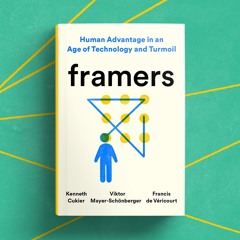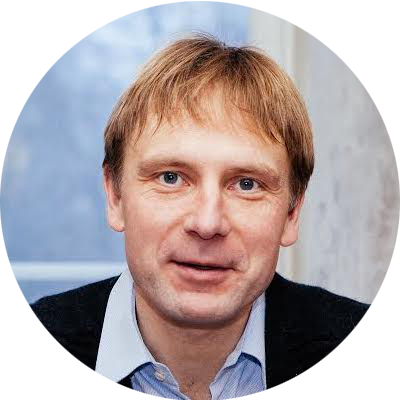
Along with the Nieman Foundation and the Berkman Klein Center, Cambridge is home to institutions such as the Harvard Business School, MIT’s Center for Civic Media, the Hauser Center for Nonprofit Organizations, the Shorenstein Center for Press, Politics and Public Policy, the Harvard Innovation Lab (i-lab) and other centers interested in journalism’s evolution. On campus, Nieman-Berkman Klein Fellows draw upon the wealth of resources available at Harvard and in the surrounding area for their work. Candidates must explain how their proposals will benefit journalism.
#Berkman klein center communications plus#
BKC funded fellows appointed through the open call for applications are eligible to receive stipends of 72,000 annually, plus additional funding of 5,000 for personal or research-specific expenses.

Examples include ideas for new revenue streams to fund journalism, the construction of new tools for reporting, or research into news consumption patterns. Berkman Klein Center funding: the Center has a limited pool of funding to support fellows. Proposals from Nieman-Berkman Klein Fellowship candidates may deal with any issue relating to journalism’s digital transformation. Both organizations share a set of common interests around journalism, innovation, and the evolution of the digital space, and both have longstanding fellowship programs that offer a year of learning and collaboration with others in the Harvard community. The fellowship is a collaboration between the Nieman Foundation for Journalism and the Berkman Klein Center for Internet & Society at Harvard. If you'd like to suggest a change to PathFinder's assessment of this document, please send us a message below.The Nieman-Berkman Klein Fellowship in Journalism Innovation* brings individuals to Harvard University to work on a specific course of research or a specific project relating to journalism innovation.
#Berkman klein center communications full#
See the full hierarchy here.ĭoes something look off to you? We welcome any and all feedback to strengthen PathFinder's power and accuracy. The Berkman Klein Center for Internet & Society at Harvard University is now accepting fellowship applications for the 2022-2023 academic year through our open call. Powered by a combination of human curation and artificial intelligence, PathFinder assigns subjects to documents, and then organizes them into broader subjects.ĭiscover where your chosen document fits into the PathFinder hierarchy. The multidisciplinary content found throughout HeinOnline is organized into a subject hierarchy that we call PathFinder. Prior to attending law school, he studied philosophy at Balliol College, University of Oxford. While attending Harvard Law School, he was a Heyman Fellow, served as articles editor for the Harvard Law Review, and was a contributor to Lawfare. The Berkman Klein Center for Internet & Society at Harvard University was founded to explore cyberspace, share in its study, and help pioneer its development. During this time he taught cybersecurity at Georgetown Law.īefore joining the Justice Department, Alan clerked for Judge J. From October 2016 to April 2017, he served as a special assistant United States attorney for the District of Maryland.


Department of Justice, where his work focused on operational, legal, and policy issues relating to cybersecurity and foreign intelligence. Seth manages the Berkman Center's communications efforts and helps to orchestrate the work of the digital media producer, community coordinator, and program coordinator. 2014 to April 2017, Alan served as an attorney advisor in the Office of Law and Policy in the National Security Division of the U.S.

He is also an affiliate with the Berkman Klein Center for Internet and Society at Harvard University and a member of the Scholars Strategy Network.įrom Oct. Rozenshtein joined the University of Minnesota Law School as a visiting professor in 2017 and will continue as an Associate Professor of Law starting in summer 2019.


 0 kommentar(er)
0 kommentar(er)
